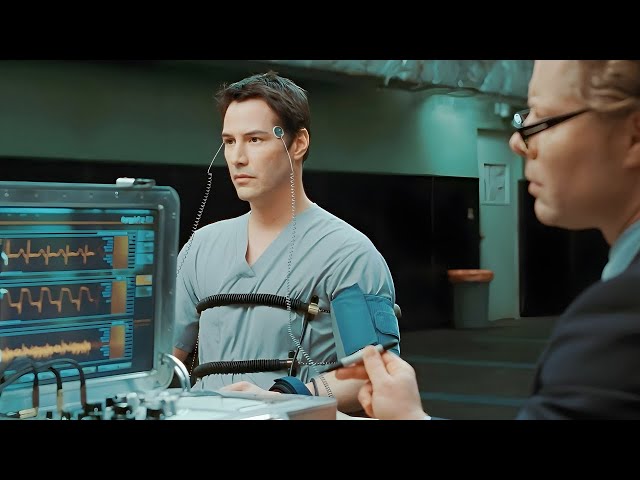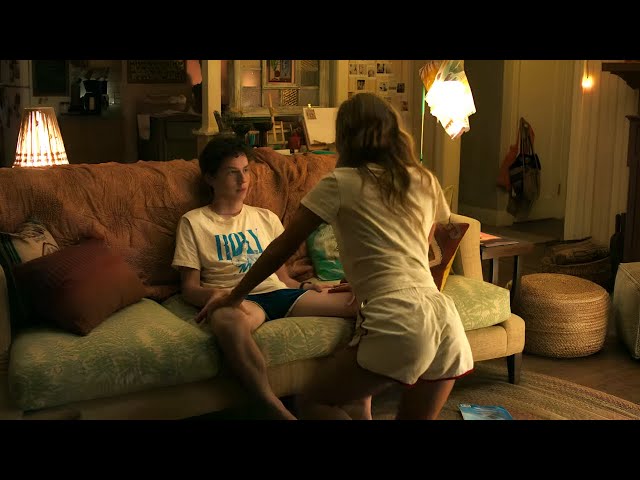
### The Day the Earth Stood Still: A Modern Retelling with a Powerful Message
In the 2008 sci-fi thriller *The Day the Earth Stood Still*, director Scott Derrickson reimagines the classic 1951 film, focusing on humanity’s relationship with the planet and the consequences of environmental neglect. This review delves into the film’s narrative, performances, and underlying themes, offering a comprehensive look at this thought-provoking adaptation.
#### Storyline Summary
The story begins in 1928, when a mountaineer in Kashmir discovers a mysterious glowing object during a snowstorm, leaving him with an unexplained mark on his hand. The narrative then shifts to the present day, where astrobiologist Dr. Helen Benson is abruptly taken by military officials to a secret facility. There, she and other scientists learn that an object is hurtling toward Earth at an alarming speed, threatening to destroy Manhattan. However, the object—revealed to be an alien spacecraft—slows down and lands peacefully. An alien named Klaatu emerges, only to be shot by fearful soldiers. As he heals and reveals his human-like form, it becomes clear that his mission is not one of invasion but of judgment: humanity’s destruction of Earth has prompted extraterrestrial intervention to save the planet by eliminating its greatest threat—humans themselves.
#### Performances & Direction
Keanu Reeves delivers a suitably detached and enigmatic performance as Klaatu, capturing the alien’s analytical and emotionless demeanor while subtly hinting at a growing understanding of human complexity. Jennifer Connelly shines as Helen Benson, portraying a determined and compassionate scientist caught between duty and morality. Jaden Smith, as Helen’s stepson Jacob, effectively embodies the resentment and vulnerability of a grieving child, though his character’s arc feels somewhat rushed. Director Scott Derrickson balances suspense and spectacle, though the pacing occasionally falters in the second act. His vision successfully modernizes the original’s cautionary tale, emphasizing current ecological anxieties.
#### Music & Technical Aspects
The film’s score, composed by Tyler Bates, complements the tension and scale of the narrative with atmospheric and occasionally haunting motifs, though it lacks the iconic resonance of Bernard Herrmann’s original theremin-heavy soundtrack. Visually, the movie is impressive, with convincing CGI for the alien ship and the nanobot swarms. The production design effectively contrasts sterile military environments with the organic chaos of nature, reinforcing the film’s central theme. However, some action sequences feel generic, leaning heavily on Hollywood conventions rather than innovation.
#### Conclusion
*The Day the Earth Stood Still* serves as a stark reminder of humanity’s impact on the planet, blending sci-fi excitement with a urgent ecological message. While it may not surpass the originality of the 1951 classic, its updated premise and strong performances make it a compelling watch. The film challenges viewers to reflect on their role in environmental stewardship, leaving a lingering question: if faced with extinction, would we change in time? For a thought-provoking cinematic experience that blends spectacle with substance, don’t miss *The Day the Earth Stood Still*.




